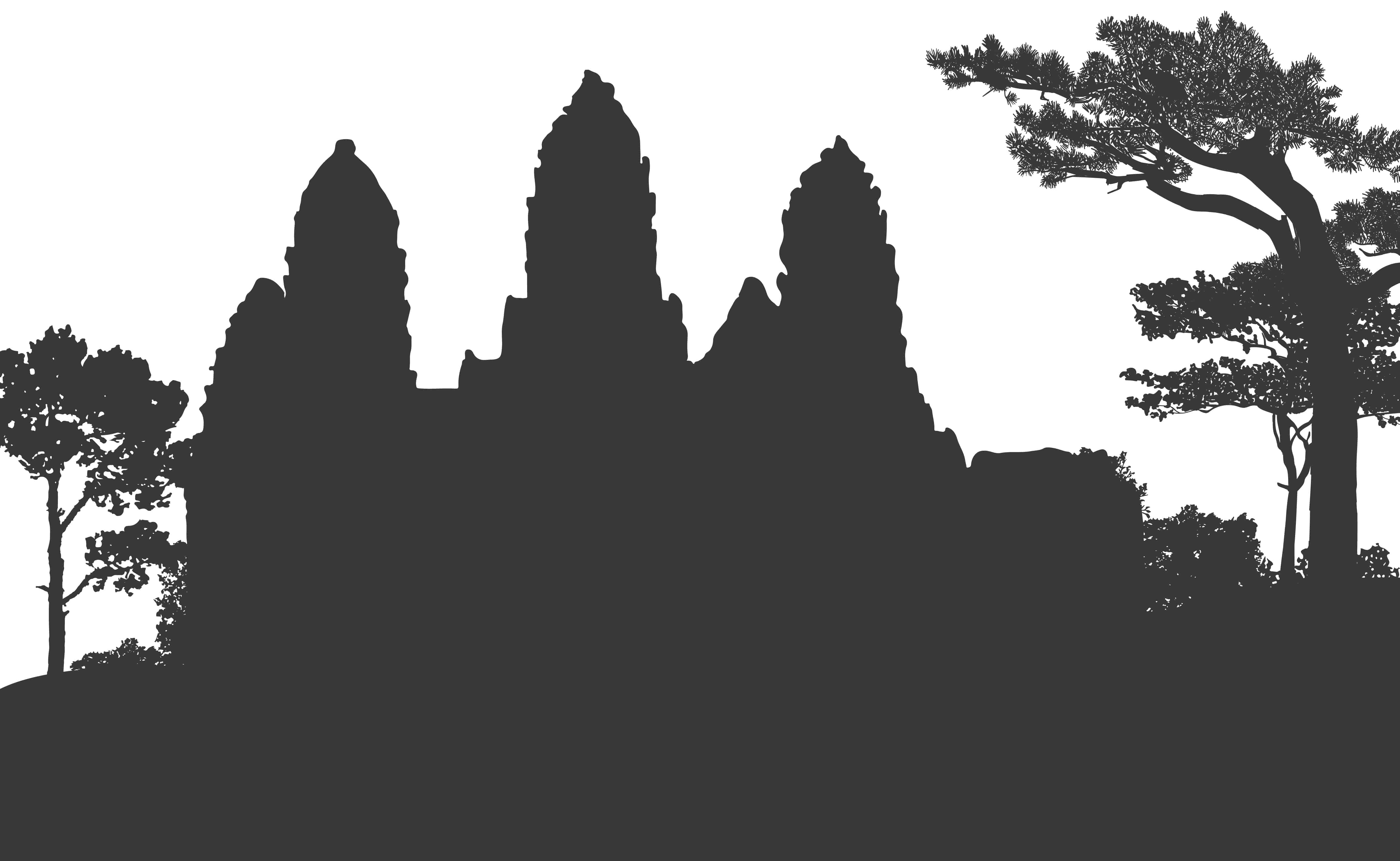Community Mediation for the Ayodhya Dispute – Report as of 12.04.2019

- Soundarya.K (3rd Year, SOEL)
The Supreme Court ordered mediation to resolve the 70-year-old vexed Ayodhya dispute, nominating former top court judge Justice F M I Kalifulla, Art of Living’s Sri Sri Ravishankar and senior advocate Sriram Panchu to hold talks with the parties representing Hindu and Muslim sides.
The Supreme Court on 8th march ordered a court-supervised mediation to resolve the Ram Janmabhoomi-Babri Masjid land dispute in the next eight weeks. The mediation process will begin within seven days and the three-member panel will submit its first progress report to the Supreme Court in four weeks. The Supreme Court appointed mediation committee for the resolution land dispute in an order dated March 13, directed that there should “not be any reporting of the mediation proceedings in print or other media”. The mediation proceedings, to be held in Faizabad, are expected to commence by March 15, 2019
“We do not find any legal impediment to making a reference to mediation for a possible settlement of the dispute(s) arising out of the appeals,” a five-judge bench presided over by Chief Justice Ranjan Gogoi said, relying upon the provisions of the Civil procedure code
The court ordered that Justice Kalifullah, who retired as SC judge on July 22, 2016, would head the panel, which would also comprise Ravi Shankar and Punchu as members. All the three negotiators, hailing from Tamil Nadu, would conduct the proceedings in “utmost confidentiality” to safeguard the process and ensure its success. The court nominated the mediators after taking note of the suggestions given by the parties. It added that the mediators can co-opt other members if required. Among the negotiators, Sri Sri had earlier tried to resolve the dispute by talking to various parties. Punchu, another member of the panel, is a senior advocate from Chennai.
All parties to the dispute will take part in the proceedings, which will be held in-camera and won’t be open to the public, the court said. The bench did not gag the media, but urged it to refrain from reporting on the issue, possibly to allow both parties the space they need to make the appropriate concessions required to arrive at a compromise. The panel can also pass orders as it deems fit to keep the media at bay. The Hindu side had earlier opposed any negotiation, saying earlier attempts had remained unsuccessful. The Muslim side, however, said they were open to the proposal moved by the court.
The panel would submit its interim report within four weeks and complete the process within eight weeks, the period within which, the court had earlier said, the voluminous documents related to 2010 appeals against the Allahabad High Court judgement were to be prepared for hearing. The mediators will report to the court in four weeks on the progress made, allowing it to gauge whether the process is working. The mediators can also seek more time from the court to complete the process.
The court left the panel of mediators to decide for themselves the procedure to be followed and who they should call. The mediators may take such legal assistance as they may feel necessary at any stage of the mediation proceedings,” it said. Any eventual settlement will be vetted by the court. In case mediation fails, the top court will hear and adjudicate the matter.
While legally the dispute is in the nature of a conventional title dispute, nothing about the case is conventional. The case is a veritable crucible where history, religion, politics and law meet, and in the absence of a formal institutionalised mechanism in this country for truth and reconciliation, it falls upon courts of law to determine the truth and dispense justice.
On December 6, 1992, the Babri Masjid, constructed at the disputed site in the 16th century by Shia Muslim Mir Baqi, was demolished, which lead a land dispute of religious nature. The reason for the delay and hesitation on part of the courts to give a judgement in favour of any one of the petitioners is to avoid communal clashes and any political unrest.
At the hearing, the Supreme Court also observed that the issue is not about a piece of land but of religious sentiments. "It is not only about the property. It is about mind, heart and healing, if possible," the court said.
As of today's date (12/04/2019) the dispute stands at the apex court rejecting A plea seeking permission to hold puja at the undisputed portion of the 67.7 acres of land making up the Ram temple site at Ayodhya. Also, the bench declined to overturn the fine imposed by the Allahabad High Court on the petitioner. The high court had previously also imposed a fine on a different petitioner who had asked for permission to hold namaz prayers at the site in Ayodhya.
“You will never let this country remain in peace. There will always be something,” Chief Justice of India Ranjan Gogoi remarked while passing the order.